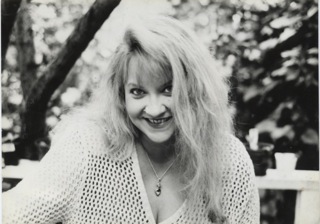 |
| photo: Krisha Bhat |
Brenda Knight grew up on a farm in Point Pleasant, W.Va., and learned how to appreciate life from her mother, Helen. After a brief career as a high school English teacher, Knight is now a 20-year publishing veteran and the author of the American Book Award-winning Women of the Beat Generation, Rituals for Life and Wild Women and Books. She is an avid gardener and seed saver and volunteers for the American Cancer Society as a counselor for the newly diagnosed. Knight is publisher of Cleis Press and Viva Editions, and lives in the San Francisco Bay Area.
On your nightstand now:
Swamplandia! by Karen Russell. The book has not disappointed, and I'm now a diehard Karen Russell reader. Karen is a prodigious talent, absolutely deserving of all the raves.
Favorite book when you were a child:
I loved Grimm's Fairy Tales, Hans Christian Andersen and Little Women all for very different reasons. The wild imaginings in the fairy tales really appealed to my young mind. I find Andersen's "The Girl Who Trod on the Loaf" is in its own way an equal to Alice in Wonderland and Through the Looking Glass, and a good reminder of the perils of hubris.
Your top five authors:
First, Chaucer (my Master's thesis was on "Troilus and Criseyde"): having studied astrology and metaphysics, I was able to understand many of the references Chaucer was making in a wholly different way. Second, A.S. Byatt: Possession was my first Byatt book, and after that I will read anything by her. Third, Umberto Eco: his work can be devoured for pleasure, but along the way you are learning about history, literature, science, medicine, religion, all manner of things. You end up for the better having read him. Fourth, Stendhal of The Red and The Black: I found it accidentally whilst loitering in the library when I was a high school senior. I remember that excitement of having discovered one of the greats all on my own. Lastly, serious scholar of Anglo-Saxon arcana J.R.R. Tolkien is a favorite--he was my inspiration to become a medieval lit major. I'm greatly admiring of the fact of that he was a serious scholar and Oxford don, all the while creating a folkloric work that went on to become one of the most commercial of all times.
Book you faked reading:
The Bible. As an English major, I took a "Bible as Literature" course, and could barely get beyond the "begets" in the Old Testament. We also studied the Apocrypha texts, which I found wildly entertaining. I very much enjoyed the stories of the badly behaved childhood Jesus.
Books you're an evangelist for:
Present Shock: When Everything Happens Now by Douglas Rushkoff. Among the many cogent points Rushkoff makes in this tome is that we are now living in a time of narrative collapse. I take very seriously his warning stance that "When the storytelling in a culture goes bad, the result is decadence." Present Shock has completely changed how I view the precious resource of time and how I choose to use it.
Book you bought for the cover:
Helen Dunmore's Talking to the Dead. It has a gorgeously beautiful jacket with slots to see the title. When you move the jacket just a quarter of an inch, you can't see the title. I like that. Lucky for me, the book itself is just as good as its cover.
Book that changed your life:
There are many that have greatly affected my life, but there is only one that is a major life-changing read and reread: Roberto Calasso's The Marriage of Cadmus and Harmony. I've read it 11 times. I have studied and read mythology throughout my life, including quite a few translations of Homer and Virgil. But upon reading Calasso's brilliance, I suddenly understood the interlinking of all mythology. I agree wholeheartedly with Gore Vidal's high praise that "Marriage of Cadmus and Harmony is a perfect work like no other. He has re-created in a blaze of light the morning of our world... a numinous text to be placed beside--ahead of?--Old and New Testaments." (But don't tell my mom.)
Favorite line from a book:
"A life in which the gods are uninvited is not worth living." --Roberto Calasso.
Book you most want to want to read again for the first time:
Donna Tartt's The Secret History, which is a parable of what could happen when classical students take their studies too far. I'm looking forward to The Goldfinch and its almost 800 pages, but will remember Stephen King's advice to not drop it on my foot.
Your favorite "books about books":
There are two. Simon Winchester's The Professor and the Madman, which is the strange backstory to the creation of the Oxford English Dictionary. The other is Eric Auerbach's Mimesis, basically a history of European literature, from The Odyssey to Ulysses. I realized I had a fairly shallow understanding of the topic, and this book really got me to the next level in becoming a "depth reader" and reading beneath the surface, seeing the interconnections, complexities... the essay on "Odysseus' Scar" alone is dazzling.
 Author James Patterson, an advocate for both children's literacy and independent bookstores, has launched the first annual Winter Book Bucks, the latest addition to his Book Bucks programs that began with College Book Bucks in 2010 and continued with Summer Book Bucks this year, Bookselling This Week reported.
Author James Patterson, an advocate for both children's literacy and independent bookstores, has launched the first annual Winter Book Bucks, the latest addition to his Book Bucks programs that began with College Book Bucks in 2010 and continued with Summer Book Bucks this year, Bookselling This Week reported.


SHELFAWARENESS.1222.S1.BESTADSWEBINAR.gif)


SHELFAWARENESS.1222.T1.BESTADSWEBINAR.gif)
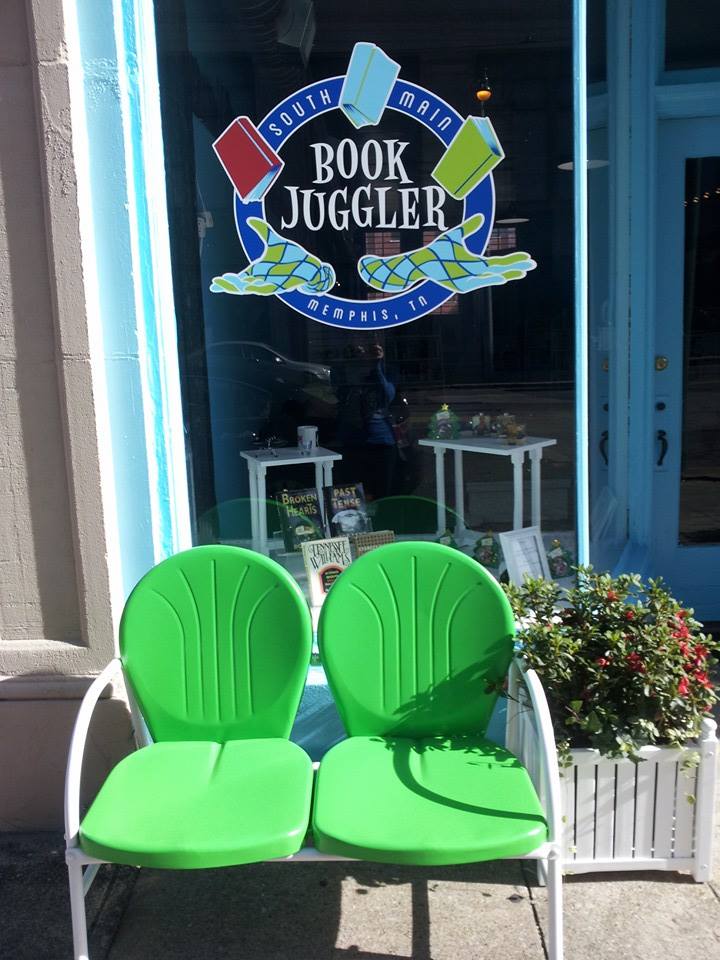 "The South Main District is really centered on art, restaurants and boutique shops," explained Clayton Andrus. He and his wife moved to the neighborhood about five years ago, after spending close to 25 years in the suburbs. "It's very neighborhood oriented; everybody knows each other. It's really filled up in the last few years, but the one thing that was missing was a bookstore."
"The South Main District is really centered on art, restaurants and boutique shops," explained Clayton Andrus. He and his wife moved to the neighborhood about five years ago, after spending close to 25 years in the suburbs. "It's very neighborhood oriented; everybody knows each other. It's really filled up in the last few years, but the one thing that was missing was a bookstore."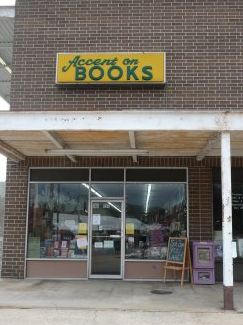
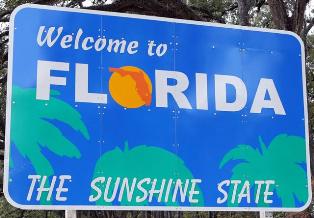 The Polk County Commission granted Amazon its
The Polk County Commission granted Amazon its 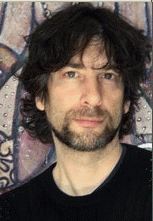 Neil Gaiman returned to his blog this week after a protracted absence "like Odysseus... to slay this blog's suitors and regale us with tales of his adventures in the interim." His first post was a reminder to his fans that "since the first of November, and continuing on through the end of the year, a contest has been running among independent U.S. book stores. The
Neil Gaiman returned to his blog this week after a protracted absence "like Odysseus... to slay this blog's suitors and regale us with tales of his adventures in the interim." His first post was a reminder to his fans that "since the first of November, and continuing on through the end of the year, a contest has been running among independent U.S. book stores. The 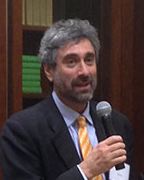 "I recognize a lot of them," he said. "I guess we all aged well.... It's humbling and very meaningful to me for these kids to have felt I made an impact 30 years later. Teaching was wonderful and it taught me so much. I was very fortunate to have a bunch of students that were so well grounded. I predicted they would do well."
"I recognize a lot of them," he said. "I guess we all aged well.... It's humbling and very meaningful to me for these kids to have felt I made an impact 30 years later. Teaching was wonderful and it taught me so much. I was very fortunate to have a bunch of students that were so well grounded. I predicted they would do well."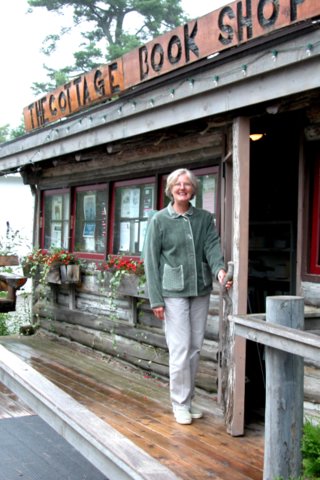 During the 18 years that Barbara Siepker has owned the
During the 18 years that Barbara Siepker has owned the 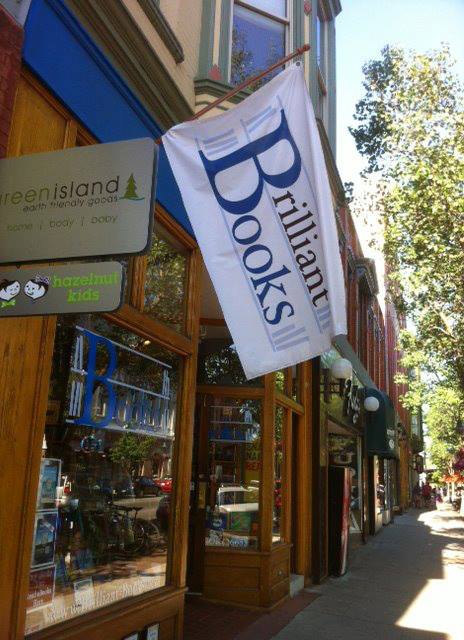 On its store website, Brilliant Books, Traverse City, Mich., considered a surprising development this year: "
On its store website, Brilliant Books, Traverse City, Mich., considered a surprising development this year: " A play based on J. K. Rowling's Harry Potter series
A play based on J. K. Rowling's Harry Potter series 
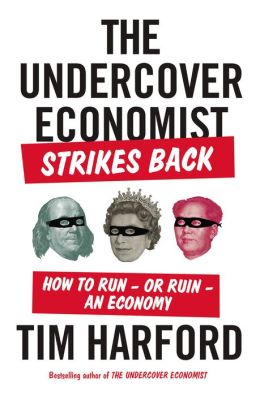 In The Undercover Economist Strikes Back, British economist and financial journalist Tim Harford offers "a determined and practically minded poke-around under the hood of our economic system." Focusing on macroeconomics--the study of phenomena like inflation and recession at the societal level--this breezy yet informative work serves as a useful companion to Harford's explorations of individual economic decision making, The Undercover Economist and The Logic of Life.
In The Undercover Economist Strikes Back, British economist and financial journalist Tim Harford offers "a determined and practically minded poke-around under the hood of our economic system." Focusing on macroeconomics--the study of phenomena like inflation and recession at the societal level--this breezy yet informative work serves as a useful companion to Harford's explorations of individual economic decision making, The Undercover Economist and The Logic of Life.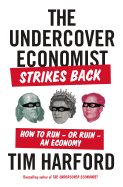
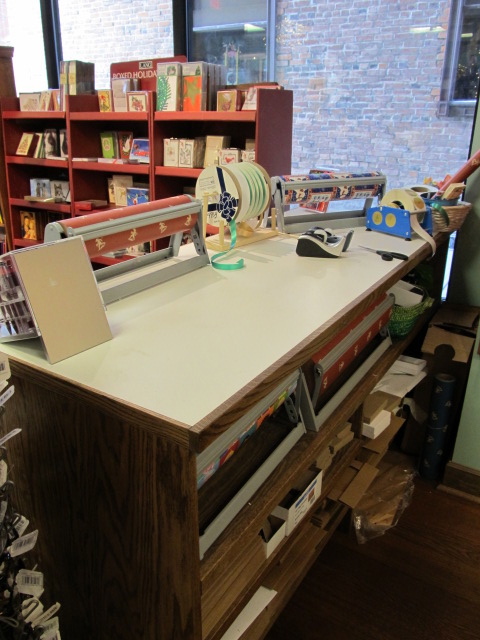 On Christmas Eve, sometime during the late afternoon in most indie bookstores, one final customer will arrive at the checkout counter with an armload of stuff, and a bookseller or two will accept the challenge of wrapping these almost ceremonial purchases. The gift paper choices at that point may be limited; of the three or four or six rolls on display, a couple will no doubt be simple cardboard memorials to Christmas wrap options past.
On Christmas Eve, sometime during the late afternoon in most indie bookstores, one final customer will arrive at the checkout counter with an armload of stuff, and a bookseller or two will accept the challenge of wrapping these almost ceremonial purchases. The gift paper choices at that point may be limited; of the three or four or six rolls on display, a couple will no doubt be simple cardboard memorials to Christmas wrap options past. 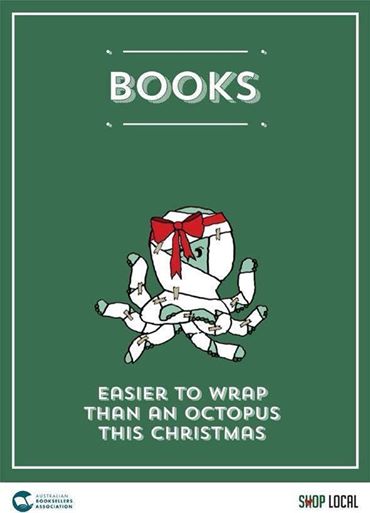 The Australian Booksellers Association has been using the peculiar trials inherent in gift wrapping as a book-selling promotion this year with a series of posters, including "
The Australian Booksellers Association has been using the peculiar trials inherent in gift wrapping as a book-selling promotion this year with a series of posters, including "